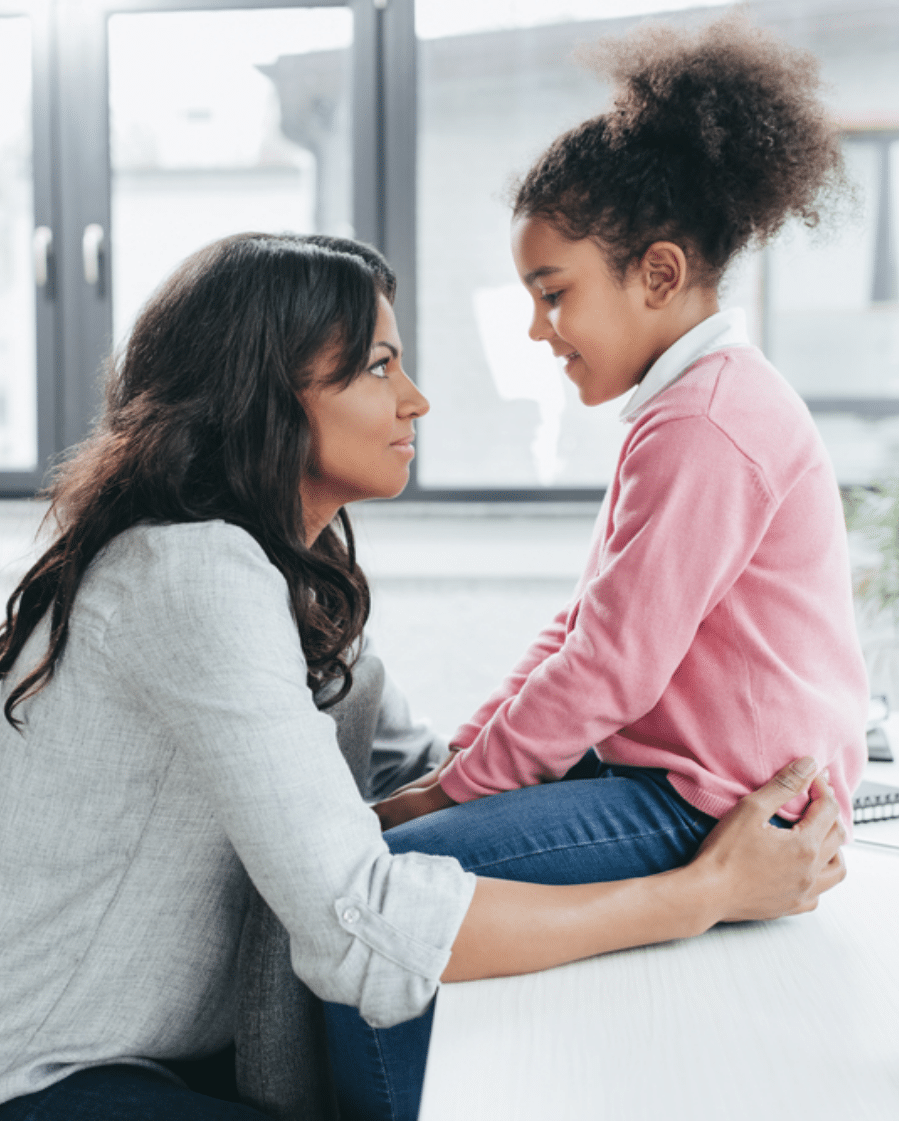— Behavior Issues
Anxiety

Anxiety in our children

Anxiety in Our Children
Anxiety is a natural part of life. Parents will encounter children working through emotions of fear and anxiety while growing up. However, if these emotions and concerns become too difficult for a child, they may need additional help. If your child’s anxiety seems concerning, discuss these issues with the child’s physician before seeking out mental health services to rule out other conditions. Understand that things such as low blood sugar, certain medications, thyroid problems, and other medical issues may cause anxious behaviors. The attending physician can usually make a good recommendation for mental health services that meet your child’s needs.
Parenting a Child with Anxiety
- Parents should not trivialize or minimize the anxiety of their child. If a child is anxious, it is very real to them. Minimizing and trivializing their anxieties, even if you believe they are not real, may create more problems.
- Be aware of how your behavior as a parent may be influencing their anxiety. Helping your teenager with anxiety starts with acknowledgement. Dismissing the issue is not helping a teenager with anxiety.
- Try watching: Decision Making (SODAS Method). Use this tool with your child to work through possible outcomes to different anxiety-provoking situations.
- Use Preventive Teaching to help your child learn ways to cope with their anxiety. What can they do to notice the anxiety creeping in? How can they use breathing, exercising, or talking to ease the anxiety? Who can they ask for help when it’s becoming too much?
- Avoid telling your child what NOT to do. This encourages them to remember what they shouldn’t be doing instead and can increase their worry.
- Aim for consistency in your responses. A child can often feel anxiety as they anticipate the unpredictability of others around them. As a parent, become a safe haven by calmly responding to problem behaviors instead of reacting to them.
- Use a schedule and a calendar for consistency, help your child anticipate what is coming and plan ahead.
- Decide how early you want to prepare them for something potentially challenging or stressful. Often, telling them too early may actually increase anxiety. As the parent, decide on a time frame that will work with your child as you are the expert on their behavior.

Lesson 2: Anxiety

Previous Lesson
ADHD

Next Lesson
Autism Spectrum Disorder
